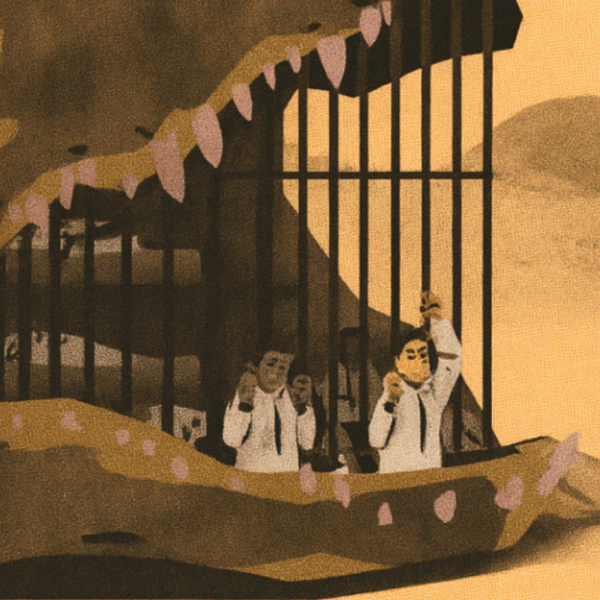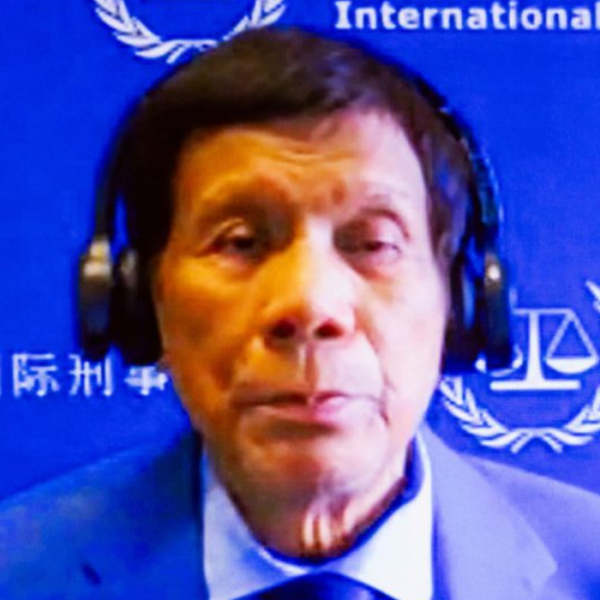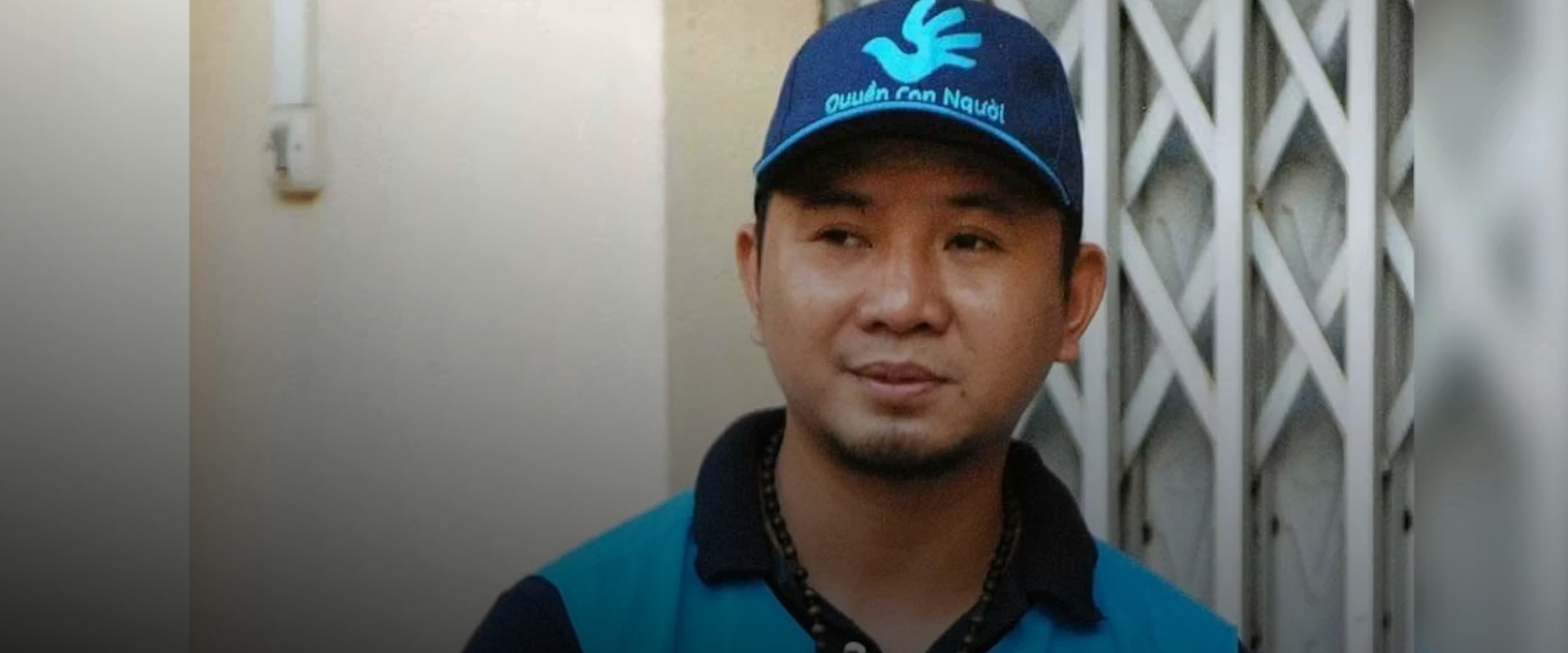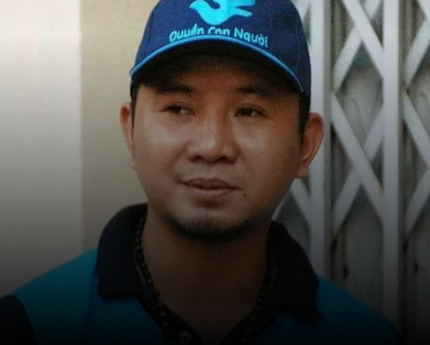廢死運動十年躍進,殺人國家漸形孤立
國際特赦組織新聞稿
2010年3月28日
國際特赦組織今天公佈的2010全球死刑報告指出,廢除死刑運動近十年來的迅速發展,已迫使繼續使用死刑的國家在國際上逐漸陷於孤立。
僅在過去十年間,共有31個國家在法律上或實務上廢除死刑。然而,中國、伊朗、沙烏地阿拉伯、美國以及葉門等國,仍高居最常執行死刑國家的榜首,其中有些國家的作為全然違背國際人權法。
根據國際特赦組織估計,除中國以外,2010年全球處決人數從2009年至少714人,降低至527人。中國據信在過去一年內處決了數千人,且至今仍將其境內死刑狀況列為國家機密。
國際特赦組織秘書長薩里爾‧榭蒂(Salil Shetty)表示:「2010年高達數千人遭到處決,主要歸咎於少數不顧全球反死刑趨勢,依然有系統地動用死刑的國家。」
「死刑執行的數目或許減少了,但許多國家仍持續以死刑處罰毒品犯、經濟犯、成人間自願的性關係和褻瀆宗教等名目。這種作法違反了國際人權法除最嚴重罪行外禁止使用死刑的原則。」榭蒂說。
全球大部分的處決個案主要發生在兩個區域,即亞洲和中東。
2010年中國執行了數千人的死刑。死刑在中國可適用於廣泛的罪名,包括非暴力的罪行。在中國被判處死刑的人,無法獲得符合國際人權標準的公正審判。
2010年,在中國、埃及、印尼、伊朗、寮國、利比亞、馬來西亞、泰國、阿拉伯聯合大公國、沙烏地阿拉伯和葉門,有相當大比例的死刑判決和毒品犯罪有關。
伊朗、巴基斯坦、沙烏地阿拉伯、蘇丹和阿拉伯聯合大公國,無視國際上明確禁止對於未成年時犯罪的行為人判處死刑之規定,在2010年判處多位犯罪年齡均低於18歲的罪犯死刑。
國際特赦組織的報告也提到廢死運動遭遇的一些挫敗:六個本已停止執行死刑國家或地區再度恢復處決人犯,還有一個國家擴大了死刑的適用範圍。
「儘管有些挫折,2010年的發展已使我們更接近全球廢除死刑的理想。蒙古總統宣佈停止執行死刑,相對該國以往對死刑諱莫如深的態度,邁出了重要的一步。聯合國大會呼籲全球停止執行死刑的決議,更以空前的支持率,第三度獲得通過。」榭蒂表示自2003年以來,保留死刑的國家之中,只有不到半數繼續加以執行。過去四年每年都有處決人犯的國家,更低於三分之一。
「任何繼續執行死刑的國家,都是公然漠視一項事實,即人權法以及所有聯合國人權機構皆一貫主張廢除死刑的目標。」
「一個沒有死刑的世界,不僅有可能實現,而且是大勢所趨,」榭蒂說,「唯一的問題是還要多久。」
區域概況
美洲
•美國是美洲大陸唯一仍在執行死刑的國家。2010年,至少110人遭判處死刑,這個數字約為1990年代中期的三分之一。2011年3月16日,伊利諾州已成美國第16個廢除死刑的州。
亞太
•國際特赦組無法確切掌握中國、馬來西亞、北韓、新加坡和越南在2010年處決了多少人。根據可得的資料,亞太地區其他五國在2010年間至少處決了82人,全部都在亞洲。
•2010年,亞太有11個國家唯仍判處死刑,但持續停止執行,包括:阿富汗、汶萊、印度、印尼、寮國、馬爾地夫、緬甸、巴基斯坦、南韓、斯里蘭卡和泰國。
•太平洋諸島國維持零死刑判決及處決。
•2010年1月,蒙古總統宣佈以廢除死刑為目標,全面停止執行死刑。
歐洲與中亞
•2009年,全歐洲和前蘇聯各國,史無前例地完全未執行任何死刑。經過一年的平靜,2010年3月,白俄羅斯當局處決了兩名死刑犯,同年並且新增了三件死刑判決。
中東和北非
•和2009年相比,中東及北非地區在2010年的死刑判決與執行總數均有降低。然而,在該地區仍判處死刑的國家,死刑案件通常未經公正審判,而且被適用在不屬於「最嚴重罪行」的運毒或通姦等罪名,因此違反了國際法。
•阿爾及利亞、約旦、科威特、黎巴嫩、摩洛哥/西撒哈拉、突尼西亞、阿拉伯聯合大公國雖仍判處死刑,但持續不予執行。
•伊朗當局承認在2010年處決了252人,包括5名婦女及1名少年犯。根據國際特赦組織得到的可靠消息,另有300多件未經官方證實的死刑執行案件,多數發生在位於Mashhad的Vakilabad監獄,其中大多為毒品犯。有14人被處決示眾。該國持續大量判決死刑。
非洲撒哈拉以南
•加彭在2010年成為非洲最新的廢除死刑國家,使非洲聯盟中已廢除死刑的國家增至16國。
•四個非洲撒哈拉以南的國家在2010年曾執行死刑:波札那(1)、赤道幾內亞(4)、索馬利亞(至少8)和蘇丹(至少6)。
[ ENGLISH ]
Death Penalty in 2010: Executing countries left isolated after decade of progress
AMNESTY INTERNATIONAL Press Release
28 March 2011
Countries which continue to use the death penalty are being left increasingly isolated following a decade of progress towards abolition, Amnesty International has said today in its new report Death Sentences and Executions in 2010.
A total of 31 countries abolished the death penalty in law or in practice during the last 10 years but China, Iran, Saudi Arabia, the USA and Yemen remain amongst the most frequent executioners, some in direct contradiction of international human rights law.
The total number of executions officially recorded by Amnesty International in 2010 went down from at least 714 people in 2009 to at least 527 in 2010. China is believed to have executed thousands in 2010 but continues to maintain its secrecy over its use of the death penalty.
"The minority of states that continue to systematically use the death penalty were responsible for thousands of executions in 2010, defying the global anti-death penalty trend," said Salil Shetty, Amnesty International's Secretary General.
"While executions may be on the decline, a number of countries continue to pass death sentences for drug-related offences, economic crimes, sexual relations between consenting adults and blasphemy, violating international human rights law forbidding the use of the death penalty except for the most serious crimes," said Salil Shetty.
Two regions are responsible for most executions worldwide: Asia and the Middle East.
China used the death penalty in 2010 against thousands of people for a wide range of crimes that include non-violent offences and after proceedings that did not meet international fair trial standards.
A significant proportion of the executions or death sentences recorded in 2010 in China, Egypt, Indonesia, Iran, Laos, Libya, Malaysia, Thailand, United Arab Emirates, Saudi Arabia and Yemen were for drug-related offences.
Iran, Pakistan, Saudi Arabia, Sudan, and the United Arab Emirates ignored international prohibitions in 2010 and imposed death sentences on individuals that were below 18 years of age when the crimes were committed.
Amnesty International's report highlights a number of set backs during 2010 when six other countries and territories carried out executions after a hiatus and one country expanded the scope of the death penalty.
"In spite of some set backs, developments in 2010 brought us closer to global abolition. The President of Mongolia announced a moratorium on the death penalty, an important first step as capital punishment is still classified as state secret. For the third time and with more support Page 4 of 5 than ever before, the UN General Assembly called for a global moratorium on executions," said Salil Shetty.
Since 2003, less than half of retentionist countries have carried out executions. Less than a third were known to have executed prisoners every year over the last four years.
"Any country that continues to execute is flying in the face of the fact that both human rights law and UN human rights bodies consistently hold that abolition should be the objective."
"A world free of the death penalty is not only possible, it is inevitable," said Salil Shetty. "The question is how long will it take?"
REGIONAL SUMMARIES
Americas
•In the USA, the only country in the Americas to carry out executions, at least 110 death sentences were imposed during 2010 but this represents only about a third of the number handed down in the mid-1990s. And in March 2011, Illinois became the 16th state to abolish the death penalty.
Asia-Pacific
•In 2010 Amnesty International was not able to confirm comprehensive figures on the use of the death penalty for China, Malaysia, North Korea, Singapore and Viet Nam although executions were known to have been carried out in all these countries. Available information from five other countries in the region confirmed at least 82 executions were carried out in Asia.
•Eleven countries imposed death sentences but continued not to carry out executions in 2010: Afghanistan, Brunei Darussalam, India, Indonesia, Laos, Maldives, Myanmar, Pakistan, South Korea, Sri Lanka and Thailand.
•The Pacific Islands remained free from death sentences and executions.
•In January 2010 the President of Mongolia announced a moratorium on executions with a view to abolition of the death penalty.
Europe and Central Asia
•After a year’s hiatus in 2009 when for the first time no executions were recorded in Europe and the former Soviet Union, in March 2010 the Belarusian authorities carried out two executions. Three new death sentences were imposed in Belarus in 2010.
Middle East and North Africa
•Fewer death sentences and executions were recorded in total in the Middle East and North Africa in 2010 than in 2009. However, where the death penalty was imposed it was frequently
used after unfair trials and for offences, such as drug-trafficking or adultery, which are not recognized as the “most serious crimes” and therefore in violation of international law.
•The authorities of Algeria, Jordan, Kuwait, Lebanon, Morocco/Western Sahara, Tunisia and United Arab Emirates imposed death sentences but continued to refrain from carrying out executions.
•The Iranian authorities acknowledged the execution of 252 people, including five women and one juvenile offender in 2010. Amnesty International received credible reports of more than 300 other executions which were not officially acknowledged, mostly in Vakilabad Prison, Mashhad. Most were of people convicted of alleged drugs offences. Fourteen people were publicly executed. Death sentences continued to be imposed in large numbers.
Sub-Saharan Africa
•In 2010 one more African country, Gabon, abolished the death penalty, bringing the number of abolitionist countries among African Union members to 16.
•Four countries were known to have executed in sub-Saharan Africa in 2010: Botswana (1), Equatorial Guinea (4), Somalia (at least 8) and Sudan (at least 6).
更多影音
- 全球
酷刑工具是如何被警方用來針對示威者?
- 全球
阿姆內斯提青春大舞台 2024高中生人權營
失去眼睛的警察暴力倖存者萊迪述說她的遭遇
- 全球









